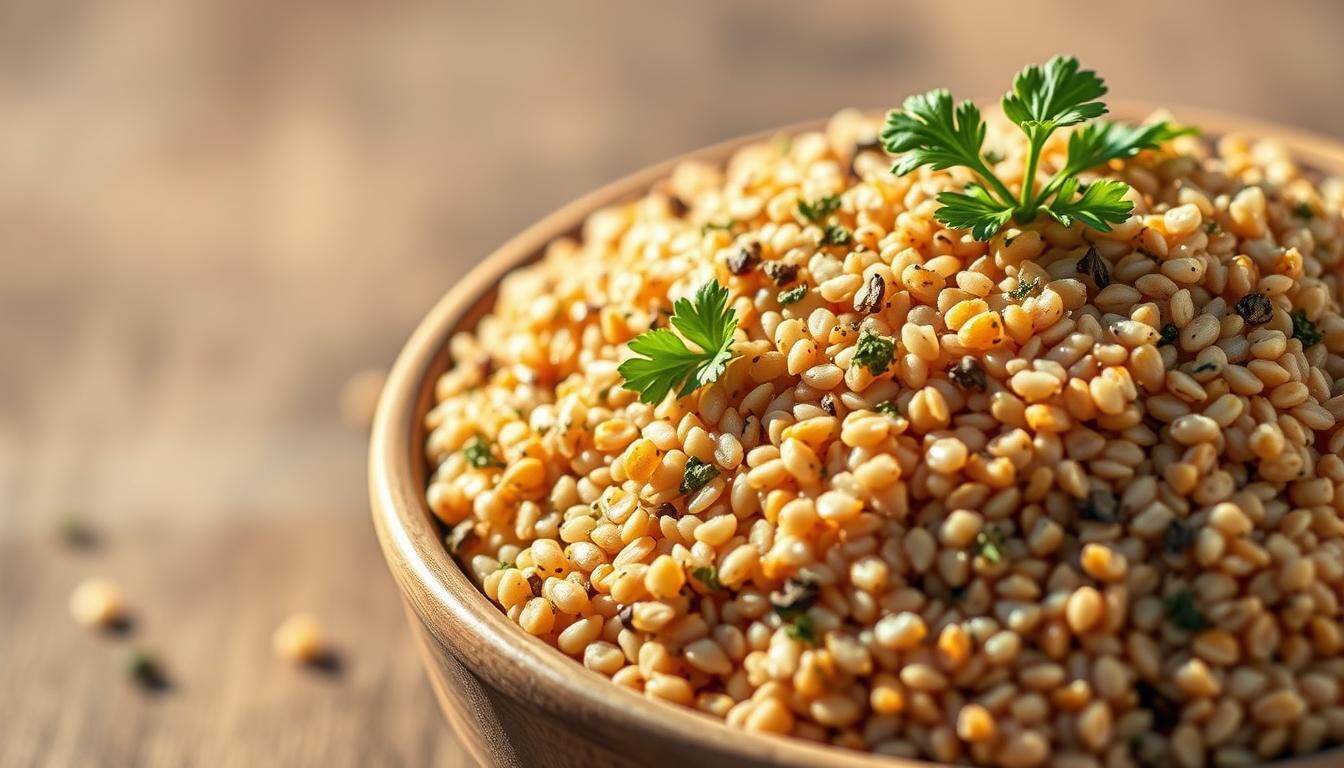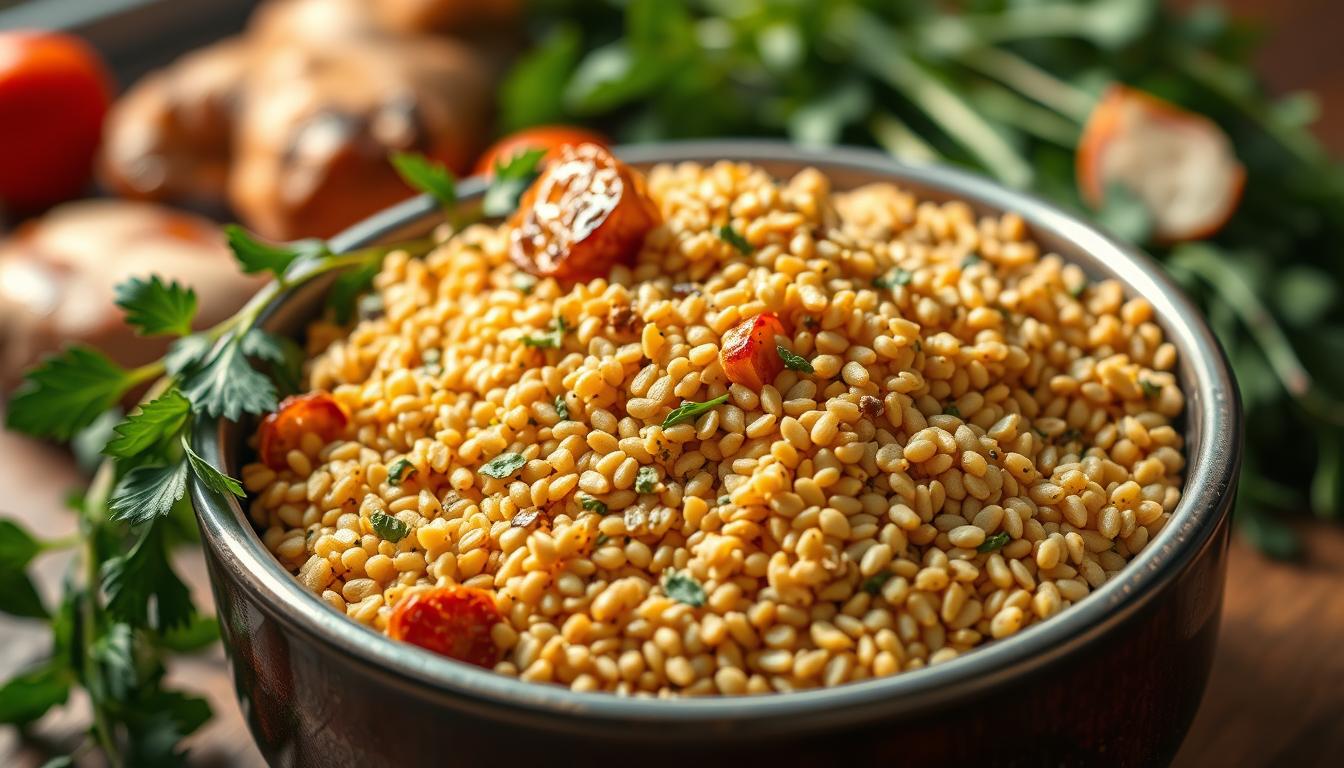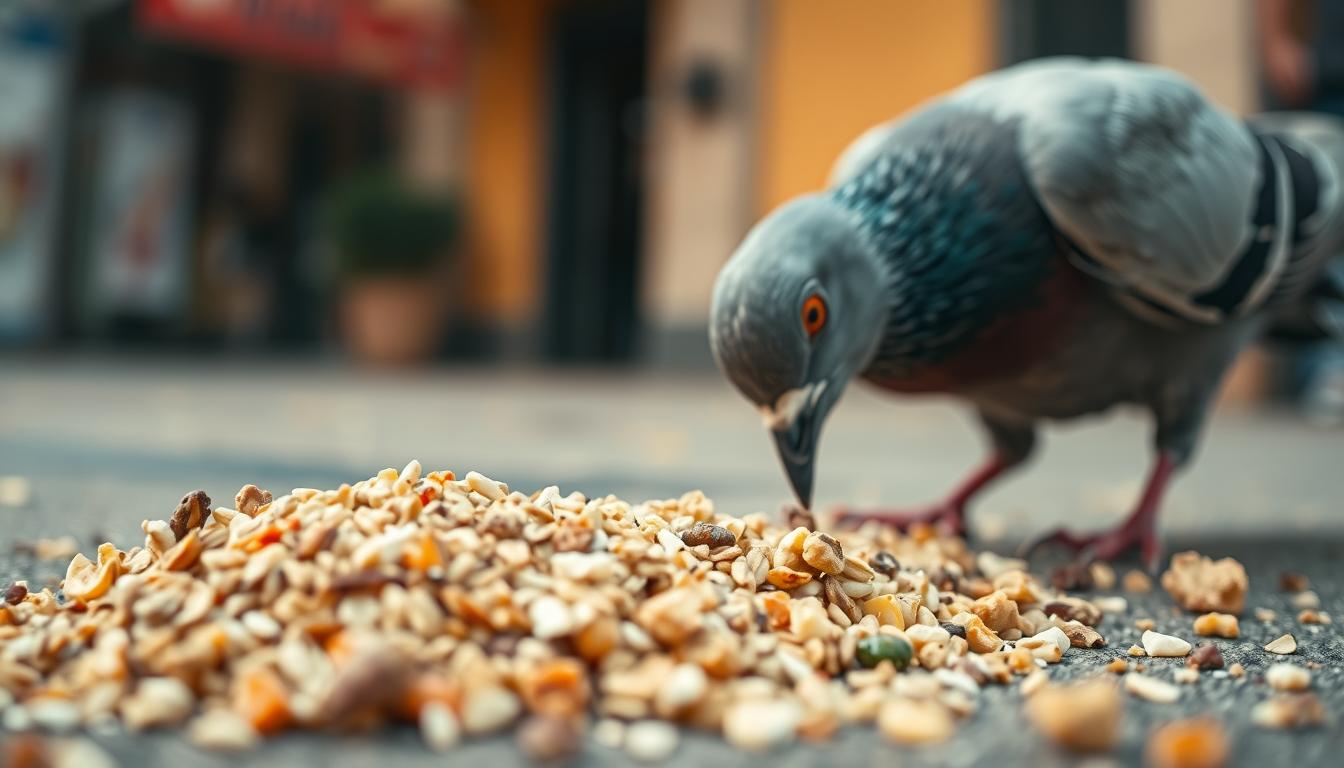Is popcorn bad for puppies? As you enjoy a cozy movie night with your family, those big, round eyes staring at you might make you question whether sharing a piece of popcorn is harmless or harmful. The truth is, while plain, air-popped popcorn can be a fun treat, it comes with some unexpected risks that every dog owner should know about.
Popcorn itself is not inherently bad for dogs. In fact, plain, air-popped popcorn is low in calories and rich in fiber, magnesium, and zinc—nutrients that can benefit your dog’s health. However, the way we typically prepare popcorn, with butter, salt, and other toppings, turns it into a potential hazard for your furry friend.
The real danger lies in the unpopped kernels and the added ingredients. Unpopped kernels can be a choking hazard or cause digestive issues if your dog swallows them. Meanwhile, butter and salt can lead to stomach upset and other health problems. This makes it crucial to understand the risks and take steps to keep your dog safe.
In this article, we’ll explore four scary risks associated with feeding popcorn to puppies and provide safe alternatives to ensure your dog can still enjoy the fun of movie night without the dangers. By the end of this guide, you’ll know exactly how to handle the situation and keep your pet healthy and happy.
Table of Contents
Understanding Popcorn and Its Impact on Your Puppy
Popcorn can be a tricky treat when it comes to your dog’s health. While plain, air-popped popcorn offers some nutritional benefits, the additions we commonly use can turn it into a potential hazard.
Nutritional Breakdown of Popcorn
- Plain, air-popped popcorn is low in calories and rich in fiber, magnesium, and zinc.
- These nutrients can support your dog’s overall health and digestion.
- However, when topped with butter, salt, or other seasonings, popcorn becomes less healthy for your pet.
While plain popcorn can be a safe treat in small amounts, the toppings pose risks. Butter and salt can lead to stomach issues, and some dogs may develop allergies to corn.
Allergic Reactions and Digestive Concerns
- Signs of an allergic reaction include skin issues, diarrhea, and gas.
- Unpopped or partially popped kernels can cause choking or digestive discomfort.
Remember, moderation is key. Always choose plain, air-popped popcorn and avoid any toppings to keep your furry friend safe and healthy.
is popcorn bad for puppies: Examining the Risks
When considering treats for your dog, it’s important to think about the potential dangers. Popcorn, while seemingly harmless, can pose serious risks to your puppy’s health.
Choking Hazards from Unpopped Kernels
Unpopped or partially popped kernels are a significant choking hazard. These hard pieces can easily get stuck in your puppy’s throat or teeth, leading to serious health issues. Even small kernels can cause problems if swallowed improperly, making them a dangerous snack option.
- Hard kernels can lodge in your puppy’s throat, causing choking.
- Partially popped kernels may get stuck in teeth, leading to discomfort or dental problems.
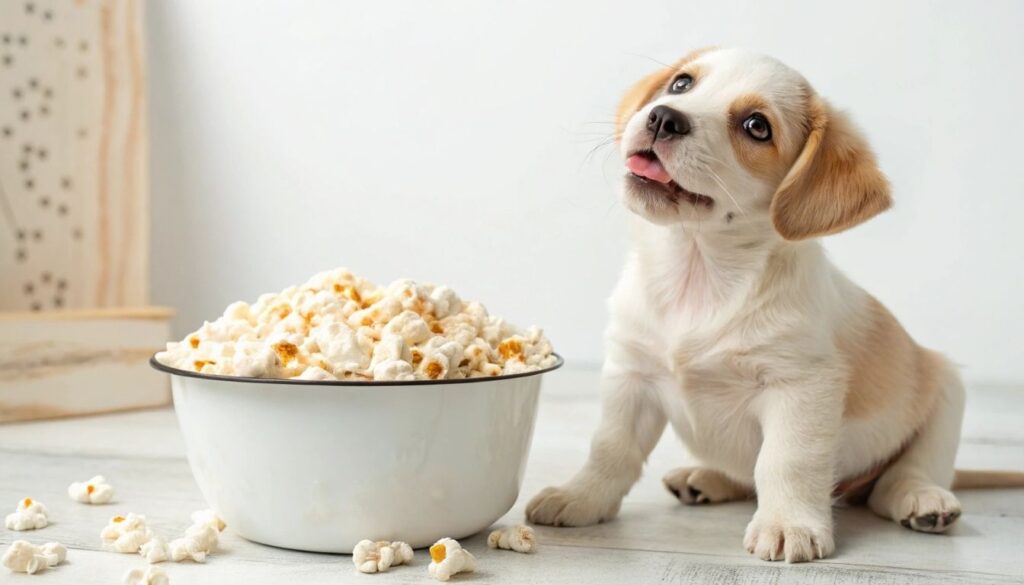
Obesity and Upset Stomach Issues
Buttered or salted popcorn can contribute to obesity and stomach upset in puppies. The added fats and salts increase calorie intake, potentially leading to weight gain and digestive problems.
- Butter and salt add unnecessary calories, contributing to obesity.
- Excessive salt can cause dehydration and stomach issues in puppies.
During movie nights, it’s easy to overfeed your puppy with tasty snacks like popcorn. However, it’s crucial to monitor their diet to prevent health complications. Always opt for plain, air-popped popcorn and avoid any toppings to keep your puppy safe and healthy.
Feeding Guidelines for Safe Treats
Ensuring your dog enjoys treats safely is crucial. Here’s how to make it work.
Portion Control and Daily Caloric Intake
Treats should make up no more than 10% of your dog’s daily calories. For example, a small dog (under 20 pounds) can have 1-2 pieces, while a larger dog might enjoy a small handful. Always measure portions to avoid overfeeding.
Choosing Plain, Air-Popped Popcorn
Plain, air-popped popcorn is the safest choice. It’s low in calories and rich in fiber. Avoid butter, salt, or other toppings, as they can harm your dog’s health. Here’s how to prepare it:
- Use a microwave, stove, or popcorn machine for plain popping.
- Remove all unpopped kernels to prevent choking.
- Supervise your dog while they eat to ensure their safety.
By following these guidelines, you can enjoy movie nights with your dog, knowing you’re keeping them safe and healthy.
Alternatives to Buttered Popcorn for Your Dog
While popcorn can be a fun treat for your dog, there are healthier and safer alternatives that provide better nutritional value without the risks. These options are not only delicious but also vet-approved, ensuring your dog stays happy and healthy.
Healthy Treat Substitutes
- Carrot sticks and green beans are low-calorie, crunchy snacks that are great for dental health.
- Apple slices (without seeds) offer a sweet, fiber-rich treat.
- Unsalted rice cakes provide a light, easy-to-digest option.
These snacks are easy to prepare and can be a satisfying alternative to popcorn.
Vet-Approved Snack Options
- Freeze-dried liver or chicken snacks are high in protein and low in calories.
- Dental chews help reduce plaque and tartar while satisfying the urge to chew.
Always read labels and consult your vet to ensure the snacks align with your dog’s dietary needs.
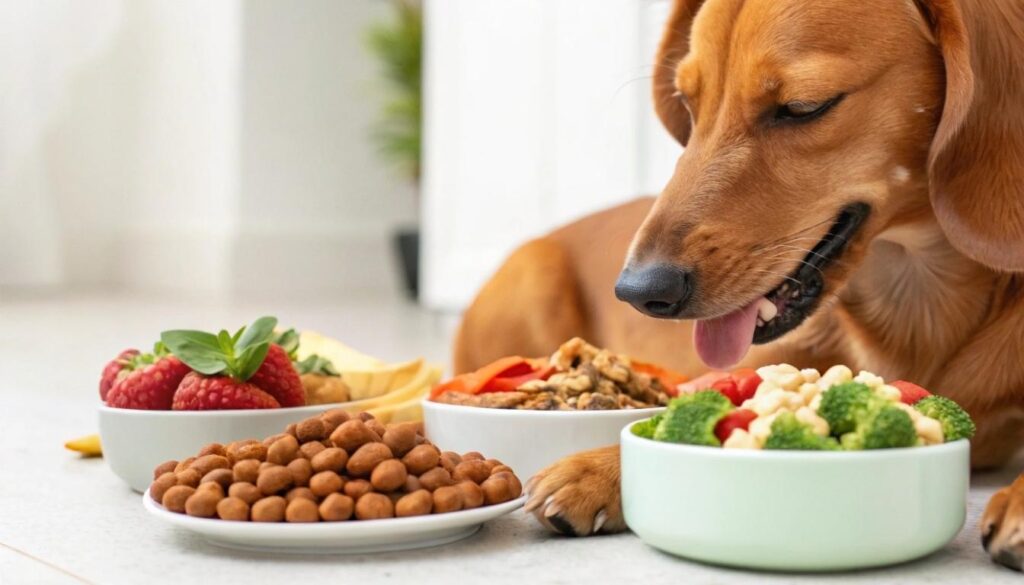
Remember, treats should complement your dog’s balanced diet, not replace it. By choosing these alternatives, you can keep your dog safe and ensure they enjoy their snacks without any health risks.
Conclusion
As you consider sharing movie night snacks with your furry friend, it’s important to remember that while a dog may eat popcorn in small amounts, the risks often outweigh the benefits. Plain, air-popped popcorn can be a safe treat in limited quantities, but the dangers of choking on unpopped kernels and potential digestive issues make it a less ideal choice.
The nutritional value of plain popcorn is overshadowed by the hazards of added toppings like butter and salt, which can lead to stomach upset and other health problems. Instead, consider healthier alternatives like carrot sticks or apple slices, which offer better nutritional value and fewer risks.
Always consult your veterinarian before introducing new snacks to your dog’s diet. By choosing safer treats and monitoring their intake, you can ensure your dog stays healthy and happy. Remember, responsible treat practices are key to keeping your furry companion safe during movie nights and beyond.
FAQ
Can dogs eat popcorn?
Yes, dogs can eat small amounts of plain, air-popped popcorn. However, it should be a rare treat and not a regular part of their diet. Always avoid adding salt, butter, or other toppings, as these can harm your dog’s health.
Is popcorn a choking hazard for dogs?
Yes, unpopped kernels can be a choking hazard, especially for small breeds. Partially popped kernels may also get stuck in your dog’s teeth or throat, leading to discomfort or injury. Always ensure the popcorn is fully popped before offering it to your pet.
Can popcorn cause stomach issues in dogs?
Yes, if your dog eats too much popcorn, it can lead to an upset stomach. This is because popcorn is high in carbohydrates and low in nutrients, which can disrupt your dog’s balanced diet. Monitor your dog for signs of distress, such as vomiting or diarrhea, after eating popcorn.
Is buttered popcorn safe for dogs?
No, buttered popcorn is not safe for dogs. Butter is high in fat, which can lead to obesity and other health problems. Additionally, some dogs may have sensitivities to dairy products, which can cause allergic reactions or digestive issues.
Can popcorn be a healthy snack for dogs?
Plain, air-popped popcorn can be a healthier snack option for dogs in small amounts. It contains trace amounts of vitamins and minerals like magnesium and zinc. However, it should not replace your dog’s regular, balanced meals.
How much popcorn can I safely give my dog?
The amount of popcorn you can give your dog depends on their size and weight. As a general rule, limit treats like popcorn to no more than 10% of your dog’s daily caloric intake. Always consult your vet for personalized advice.
Are there better alternatives to popcorn for my dog?
Yes, there are healthier and safer snack options for your dog, such as carrot sticks, green beans, or vet-approved dog treats. These alternatives are lower in calories and provide more nutritional value than popcorn.
Can popcorn cause obesity in dogs?
Yes, if fed in large amounts or frequently, popcorn can contribute to weight gain and obesity in dogs. This is especially true if the popcorn is topped with butter or salt, which add extra calories and sodium.
How do I know if my dog has eaten too much popcorn?
If your dog has eaten too much popcorn, watch for signs of an upset stomach, such as vomiting, diarrhea, or lethargy. In severe cases, contact your vet immediately to avoid complications.
Can popcorn get stuck in my dog’s teeth?
Yes, popcorn kernels, especially partially popped ones, can get stuck in your dog’s teeth. This can lead to discomfort or dental issues. Always supervise your dog when giving them popcorn and ensure the kernels are fully popped.
Is it safe to give my dog popcorn during movie night?
While an occasional piece of plain popcorn is unlikely to harm your dog, it’s best to keep movie night treats to a minimum. Overindulgence can lead to health issues like obesity or stomach upset.
Source Links
- What Human Foods Can Dogs Eat? 35 Foods Fido Can Eat Too – https://www.rd.com/list/human-foods-good-for-dog/
- Tasty Table Treats for Puppies – https://www.thesprucepets.com/people-food-for-puppies-2804770
- Can Dogs Eat Popcorn? What You Need to Know for Movie Night – https://www.thesprucepets.com/can-dogs-eat-popcorn-8642714
- Can Dogs Eat Popcorn? Vet-Reviewed Health & Safety Guide – Dogster – https://www.dogster.com/dog-nutrition/can-dogs-eat-popcorn
- Can Dogs Eat Popcorn? What You Need to Know – https://noblevetclinic.com/blog/can-dogs-eat-popcorn-what-you-need-to-know
- No title found – https://www.akc.org/expert-advice/nutrition/human-foods-dogs-can-and-cant-eat/
- Can Dogs Eat Popcorn? – https://be.chewy.com/nutrition-pet-diet-tips-can-dogs-eat-popcorn/
- Can Dogs Eat Popcorn? Here’s What Vets Say – https://www.rd.com/article/dogs-eat-popcorn/
- Can Dogs Eat Popcorn? – https://www.pumpkin.care/blog/can-dogs-eat-popcorn/
- 20 Human Foods Dogs Can Eat – https://www.dailypaws.com/dogs-puppies/dog-nutrition/what-can-dogs-eat/human-foods-for-dogs
- Can Dogs Eat Popcorn? | Spot Pet Insurance – https://spotpet.com/blog/dog-tips/can-dogs-eat-popcorn
- Can Dogs Eat Popcorn? What You Need to Know for Movie Night – https://www.yahoo.com/lifestyle/dogs-eat-popcorn-know-movie-203436987.html


